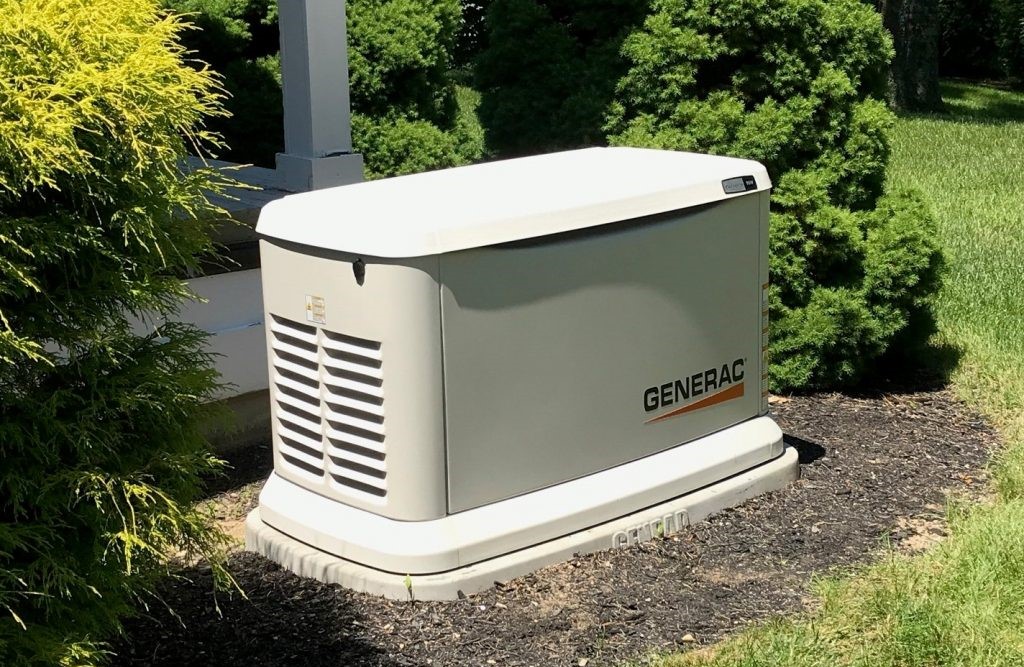In today's world, where power outages can disrupt daily life, a reliable residential generator is essential. Choosing the right generator and maintaining it properly ensures your home remains powered during unforeseen circumstances.
Choosing the Right Size Generator
Selecting an appropriately sized generator is crucial. An undersized generator may fail to power essential appliances, while an oversized one can lead to unnecessary expenses. Here's how to determine the right size for your needs:
- Identify Essential Appliances: List the appliances and systems you need during a power outage, such as refrigerators, heating systems, and lights.
- Calculate Total Wattage: Determine the starting and running wattages of these appliances. Starting wattage is the surge of power required to start an appliance, while running wattage is the power needed to keep it operating. For example, a refrigerator may require 1,200 watts to start but only 200 watts to run.
- Add a Safety Margin: Once you've calculated the total wattage, add a 10-20% buffer to accommodate any additional unforeseen power needs.
- Consult a Professional: If you're uncertain about your calculations, consult a professional to ensure you choose a generator that meets your home's requirements.
Maintaining Your Residential Generator
Proper maintenance ensures your generator operates efficiently and extends its lifespan. Implement the following practices:
- Regular Inspections: Perform monthly checks to ensure all components are in working order. Look for signs of wear, leaks, or corrosion.
- Oil and Filter Changes: Regularly check and change the oil and filters as per the manufacturer's recommendations. Clean oil ensures the engine runs smoothly and reduces wear.
- Battery Maintenance: Inspect the battery for corrosion and ensure it's charged. Clean terminals and secure connections are vital for reliable starts.
- Exercise the Generator: Run the generator periodically, even during periods of non-use, to keep the engine parts lubricated and ensure it's operational when needed.
- Fuel System Checks: For fuel-powered generators, inspect fuel lines for leaks or cracks and ensure the fuel is fresh. Stale fuel can cause starting issues and damage the engine.
- Air Filter Cleaning: Clean or replace air filters regularly to ensure proper airflow and prevent debris from entering the engine.
- Professional Servicing: Schedule annual maintenance with a certified technician to perform comprehensive checks and address potential issues.
Safety Considerations
Safety is paramount when operating a generator:
- Proper Installation: Ensure the generator is installed according to local codes and manufacturer's guidelines to prevent hazards.
- Ventilation: Place the generator in a well-ventilated area to prevent carbon monoxide buildup, which can be fatal.
- Avoid Overloading: Do not exceed the generator's wattage capacity to prevent overheating and potential fires.
- Use Quality Fuel: Utilize the recommended fuel type and store it safely to prevent contamination and accidents.
Conclusion
A residential generator is a valuable asset, providing peace of mind during power outages. By selecting the right size and committing to regular maintenance, you ensure its reliability and longevity, keeping your home powered when it matters most.
